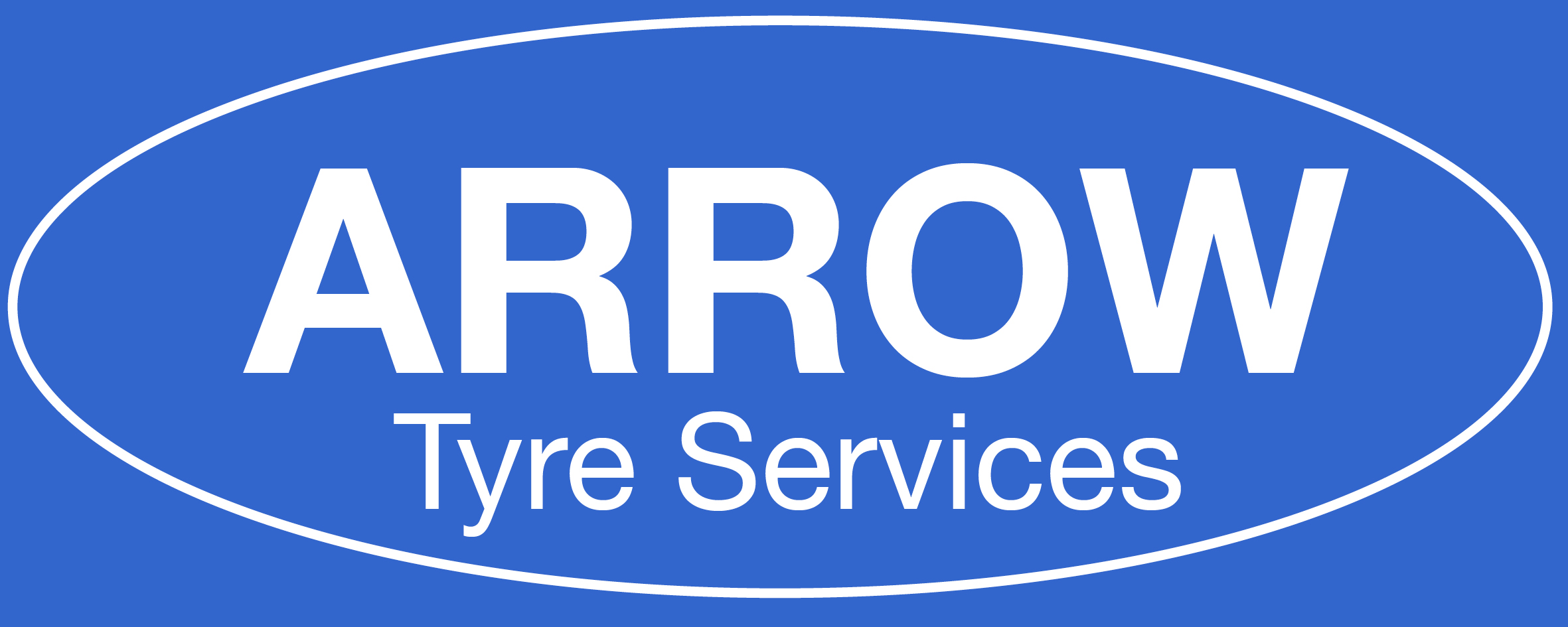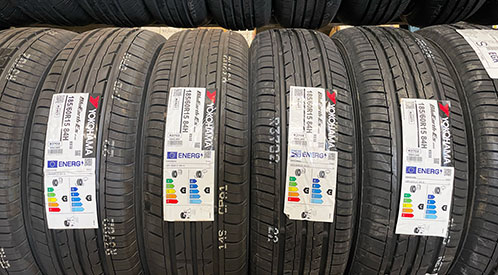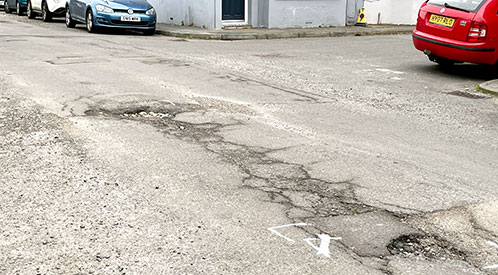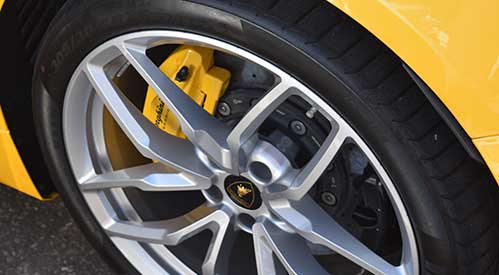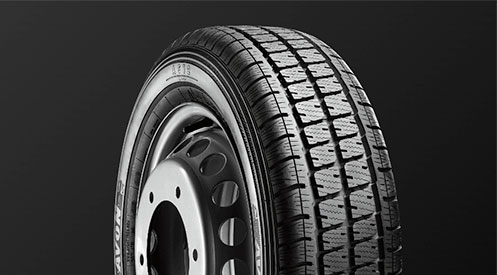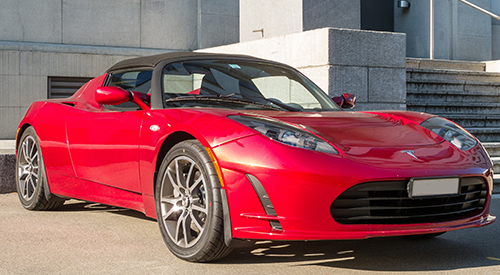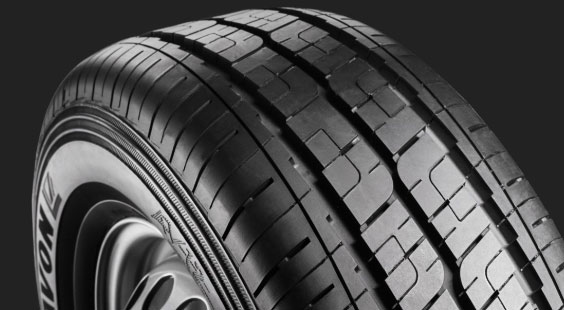Have you ever wondered why we have coloured information on our tyre labels and why they look similar to those you see on white goods. What does it mean?
The way tyres are sold has changed
EU tyre labels continue to be applied to the UK market even after Brexit. Do you know what to look for when you purchase new tyres?
What is a tyre label?
The information on a tyre label is a simple, effective way to compare the performance of one tyre against another and decide which is best for your needs.
The labels, which were introduced in 2012, give you a rating on: wet grip, fuel efficiency and external noise which is a great advantage if you want and efficient and safe tyre.
Wet grip is very important, as a tyre which is rated lower will be less suitable for wet roads and many increase your safety risk.
Fuel efficiency indicates how much fuel your tyres will use, so you can decide what is the most economical for your car.
The noise rating is also important as those tyres with a higher rating will be noisier on the road than one with a lower rating.
You will also find further information regarding the tyre’s size, speed rating and load. It is one of the reasons people will return to garage with expert staff who they can trust to fit good quality rated tyres which are best suited to your needs.
Rolling resistance details
You will also find the tyre has rolling resistance–this is the motion of an object rolling on a surface and affects the energy needed to make the vehicle move. A high rating means it will take more energy and is therefore less fuel efficient.
The EU tyre rating goes from A to G, with A-rated tyres being the most fuel efficient, and G-rated the least. A-rated tyres will have a green A band.
Tyres account for 20% of a car’s overall fuel consumption – so choose wisely as you can make significant savings. The more miles you do, the more you will save on fuel.
Rolling resistance details
Noise is measured in decibels (dBs) and the rating is from A-C with A being the best.
Wet grip rating on a tyre label
This rating will show stopping distances in wet weather. When you look at the A-E rating, each letter is around 2.5 metres when braking at 50mph. This is well over half a car’s length and could make all the difference in an emergency stop.
An A rated-tyre will come to a stop 18 metres before an E-rated tyre in the wet –quite a difference. Of course, the higher ratings are more expensive, and this is due to the extra technology and the difference in materials which are used to create wet grip.
QR codes on tyres
You may see a QR code on the top right of the label and this will give you direct access to download the necessary information.
Snow and ice
If you see a snow icon on the tyre label, it is based on ISO 19447 standard and indicate that it is suitable for driving in very cold conditions.
Tyre labels
If you are buying a tyre from a tyre retailer, you may not see the label, but you can ask the salesperson before you buy. They will be able to show you the labels from the tyres you choose, and your sale invoice should also include a copy of the information or label. It is illegal to sell a tyre without a label.
If you would like help choosing your tyres, call in and we can explain what the labels mean and can advise you what is best for your car and your needs. We stock a wide range of branded tyres, some competitively priced quality tyres as well as order in any tyres for any car.
It’s always best to phone us on: 01273 515128 and speak to an expert before you buy.
